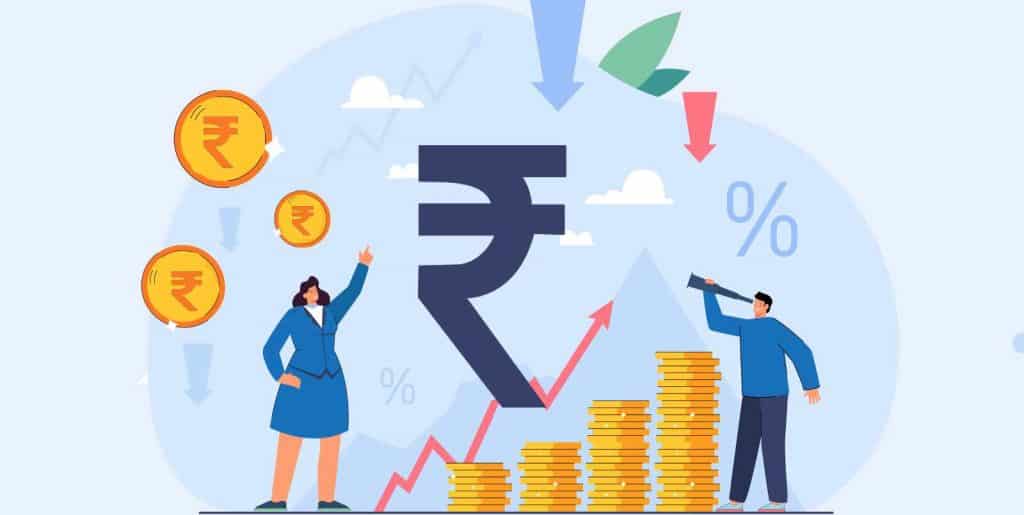What is a Bond?
- A bond is a loan made by an investor to a borrower for a set period of time in return for regular interest payments.
- The time from when the bond is issued to when the borrower has agreed to pay the loan back is called its ‘term to maturity’.
- The bond issuer uses the money raised from bonds to undertake various activities such as funding expansion projects, refinancing existing debt, undertaking welfare activities, etc.
What is Bond Yield?
- It is the return an investor expects to receive each year over its term to maturity.
- It partially depends on coupon payments, which refer to the periodic interest income obtained as a reward for holding bonds.
- The bondholders receive the bond’s face value at the end of the bond’s life. However, one may buy bonds at par value, discount (at a price lower than par value) or premium (at a price higher than par value) as they trade in the secondary market.
- Therefore, the prevailing market price of bonds also affects the bond yield.
- It is calculated by using the following formula:
- Bond Yield= Coupon Amount/ Price
- Bond Yield vs. Price:
- Price and yield are inversely related.
- As the price of a bond goes up, its yield goes down and as yield goes up, the price of the bond goes down.
- Example:
- Suppose interest rates fall. New bonds that are issued will now offer lower interest payments. This makes existing bonds that were issued before the fall in interest rates more valuable to investors, because they offer higher interest payments compared to new bonds. As a result, the price of existing bonds will increase.
- However, if a bond’s price increases it is now more expensive for a potential new investor to buy. The bond’s yield will then fall because the return an investor expects from purchasing this bond is now lower.
Q1) What is a Coupon Amount?
A coupon or coupon payment is the annual interest rate paid on a bond, expressed as a percentage of the face value and paid from issue date until maturity. Coupons are usually referred to in terms of the coupon rate (the sum of coupons paid in a year divided by the face value of the bond in question).
Source: Indian bond yields seen lower after RBI’s currency move to aid liquidity, debt buy
Last updated on June, 2025
→ UPSC Notification 2025 was released on 22nd January 2025.
→ UPSC Prelims Result 2025 is out now for the CSE held on 25 May 2025.
→ UPSC Prelims Question Paper 2025 and Unofficial Prelims Answer Key 2025 are available now.
→ UPSC Calendar 2026 is released on 15th May, 2025.
→ The UPSC Vacancy 2025 were released 1129, out of which 979 were for UPSC CSE and remaining 150 are for UPSC IFoS.
→ UPSC Mains 2025 will be conducted on 22nd August 2025.
→ UPSC Prelims 2026 will be conducted on 24th May, 2026 & UPSC Mains 2026 will be conducted on 21st August 2026.
→ The UPSC Selection Process is of 3 stages-Prelims, Mains and Interview.
→ UPSC Result 2024 is released with latest UPSC Marksheet 2024. Check Now!
→ UPSC Toppers List 2024 is released now. Shakti Dubey is UPSC AIR 1 2024 Topper.
→ Also check Best IAS Coaching in Delhi
























